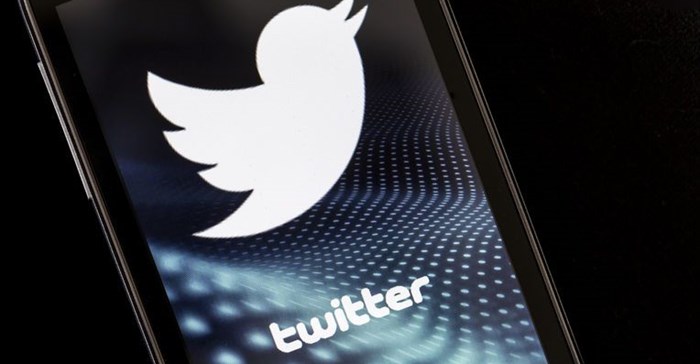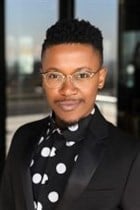
Brands that you would not traditionally have expected to be making headlines are being lambasted like never before. What are they doing and where are the gatekeepers/quality assurers to ensure they do not make the kind of “mistakes” they have been making?
Outsurance and MiWay are two such brands that have been called to order recently and I have to say, it has not been a pretty sight seeing all that commentary and how a very empowered and knowledgeable consumer can actually demand better from them.
What exactly is happening here and what is causing brands to fall into this trap? For those who are not in the loop, let me catch you up:
Father’s Day is a rather significant day for most South Africans. In fact, it is significant for most of us who believe in the good fathers we still have left on the globe and allows us to celebrate the role they play in our lives. This is across all divides and could arguably be one of those days that has played a greater role towards encouraging social cohesion.
But, our beloved Outsurance failed to recognise this when they released an ad on Twitter which only acknowledged Caucasian fathers as “heroes,” leaving out a significant amount of the South African population – black fathers. Of course, Black Twitter wasted no time when they quickly held the brand accountable; siting racism and complete disregard for African men who are positive role models in the lives of many black children.
I, for one, was not happy with how they handled the matter. I believe they could have done a better job in addressing the issue. Simply siting oversight and blaming junior marketing team members for the mismanagement was certainly not the way to go about it. In fact, it left a bad taste in my and many other South Africans’ mouths to say the least.
Similarly, MiWay found itself in a tricky situation when allegations of them denying black people’s claims as a result of them being an easy target came to the fore. This post went viral and spiked outrage on the Black Twitter streets with many reflecting on how they have had similar racist experiences with the brand.
The insurer stated in an eNCA News interview that this was a fabrication that can be linked to a disgruntled customer who had been unsuccessful in their claim, not the insurer’s employee. How true this is remains to be seen as investigations have been deployed aimed at establishing exactly who is responsible for this and how they were able to fabricate this mail.
A tough position to be in and to defend I would say. So why this article you may be ask?
Well, I am in no way trying to assume the moral high ground or pretend that I have all the answers. Because I don’t. I am learning along the way. I am, however, responding to sincere commentary I read on Twitter from a very well-versed commentator who I respect in the profession of brands and who said something along the lines of, and I paraphrase, “Brands sometimes make mistakes and like humans need to be cut some slack.”
Whilst the above explanation made sense and could pass at face value, I thought to myself, no ways! Brands cannot really afford to make such mistakes, especially when they are supposed to have brand, risk and reputation managers who are trained at foreseeing incidences like these that might bring their brands to disrepute and how to adequately manage them.
It cannot be, in my humble opinion, that when there are teams dedicated to looking after the type of messages that go out from brand and how they want to be positioned in the marketplace that such occurrences like these take shape and form and yet so comfortably.
Meanwhile brands should be encouraged to have voices and state their position in the market, I do believe that that right comes with a huge responsibility and a need for heightened awareness. We cannot be putting out content just for the sake of it or without realising that they do come with great responsibility.
What’s that famous saying again? To whom much is given, much is expected!
